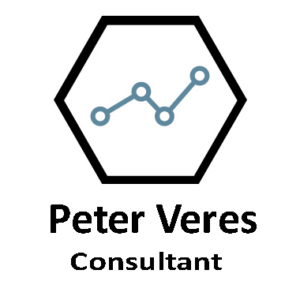Choosing The Right Consultant For Your Simple Bathroom Renovation
Embarking on a bathroom renovation project can be an exciting yet challenging endeavor. Whether you lack the time, expertise, or simply want professional guidance, hiring a consultant can make the process smoother. This article will guide you through the essential considerations in choosing the right consultant for your simple bathroom renovation, ensuring a successful outcome.
- Define Your Goals and Budget:
Before searching for a consultant, clearly outline your goals for the bathroom renovation. Determine the specific changes you want to make, such as updating fixtures, replacing tiles, or adding more storage space. Simultaneously, establish a realistic budget that encompasses both the consultant’s fees and the renovation itself. By having a clear vision of your goals and budget, you will be better equipped to communicate your needs to potential consultants. - Seek Recommendations and Conduct Research:
Begin your search by seeking recommendations from friends, family, or neighbors who have undergone successful bathroom renovations. Their firsthand experiences can provide valuable insights. Additionally, conduct online research and read reviews of consultants in your area. Look for professionals with a strong portfolio and positive testimonials. Consider their expertise, experience, and the types of projects they have previously worked on. Narrow down your options to a select few consultants who align with your vision and have a track record of delivering satisfying results. - Check Credentials and Insurance:
Ensure that the consultants you are considering have the necessary credentials and licenses to operate in your area. Verify their qualifications, certifications, and professional affiliations. A reputable consultant should be transparent about their credentials and readily provide this information upon request. Moreover, it is vital to confirm that the consultant carries liability insurance. This insurance protects you from potential financial liabilities in case of accidents or damages during the renovation process. - Arrange Consultations and Interviews:
Once you have a shortlist of potential consultants, schedule consultations or interviews with each of them. This will allow you to gauge their communication skills, professionalism, and compatibility with your project. During these meetings, discuss your goals, budget, and expectations. Ask about their process, timeline, and how they handle unexpected challenges. Pay attention to how well they listen to your ideas and whether they provide thoughtful suggestions. Trust your intuition and choose a consultant with whom you feel comfortable working closely throughout the renovation. - Request Detailed Proposals:
After the consultations, request detailed proposals from the consultants who impressed you the most. These proposals should include a breakdown of costs, a project timeline, and a clear description of the services they will provide. Assess each proposal carefully, comparing the scope of work, materials to be used, and pricing structures. Look for transparency and thoroughness in their proposals, as well as their ability to address any concerns or questions you may have.
Choosing the right consultant for your simple bathroom renovation is crucial to achieving your desired results. By defining your goals, conducting research, checking credentials, arranging consultations, and reviewing detailed proposals, you can make an informed decision. With the guidance of a skilled consultant, you can transform your bathroom into a beautiful and functional space that meets your needs and exceeds your expectations.
